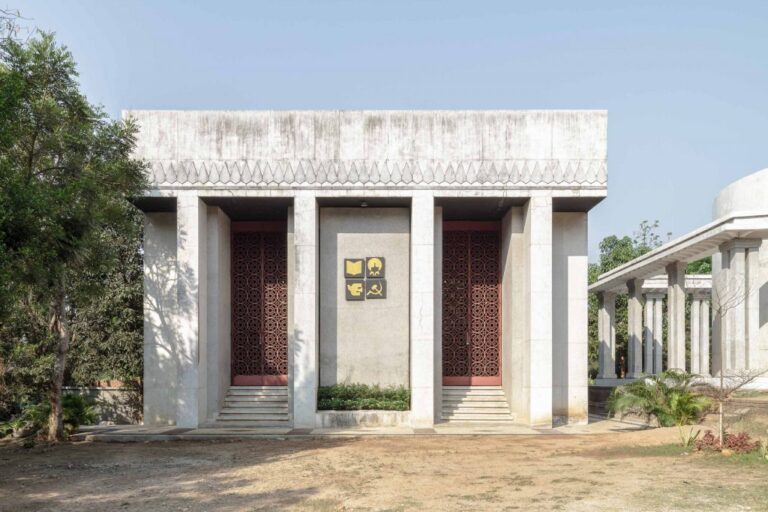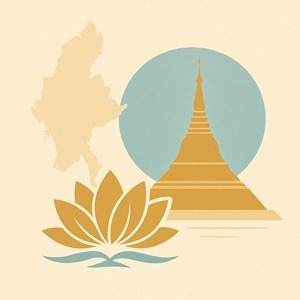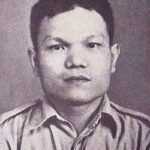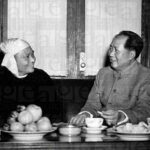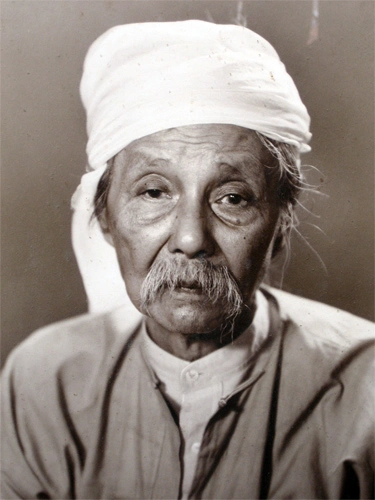
Thakin Kodaw Hmaing (1876–1964)
Early Life and Education
Thakin Kodaw Hmaing, born Maung Lun Maung in March 23,1876 (Thursday)in Wundwin, Mandalay Division, grew up during the final years of the Burmese monarchy and the early decades of British colonial rule. His pen name “Kodaw Hmaing,” taken from a legendary bird in Burmese folklore, reflected his lyrical style and creative spirit. He was educated in Buddhist monastic schools before pursuing a career in writing and journalism, where his literary talent quickly became evident.
Literary Career
Kodaw Hmaing rose to prominence as one of the most influential writers and poets in modern Burmese history. He revitalized classical Burmese verse by blending it with satire, wit, and sharp political insight. His poems, plays, and essays reached both intellectuals and ordinary citizens, offering a unique mix of artistry and activism.
He used humor and satire to criticize colonial authorities and social injustices.
His works gave ordinary Burmese people a renewed sense of national pride.
He is remembered today as the greatest Burmese poet of the 20th century, often called the “national poet laureate” of Myanmar.
Political Activism
Beyond literature, Kodaw Hmaing was deeply involved in the nationalist movement. He became an intellectual leader of the Dobama Asiayone (We Burmans Association), an organization that pushed for Burmese self-determination. Members of this group adopted the title “Thakin” (“master”) as a bold rejection of British colonial dominance, symbolically claiming for themselves the authority that colonizers demanded.
His writing and speeches inspired a new generation of Burmese nationalists, including future independence leaders such as General Aung San and the Thirty Comrades, who later fought against colonial and Japanese occupation.
Role After Independence
Following Myanmar’s independence in 1948, Kodaw Hmaing remained a highly respected cultural and political voice. Although he did not hold political office, his influence was immense:
He promoted peace and reconciliation during the early years of internal strife and ethnic insurgencies.
He remained committed to ideals of unity, justice, and national identity.
His moral authority earned him admiration across political and social divides.
Death and Legacy
Thakin Kodaw Hmaing passed away in July 23,1964( Thursday) at the age of 88. His funeral was attended by vast crowds who came to honor him as both a literary giant and a nationalist hero.
Today, he is remembered as:
A master of Burmese literature and poetry, whose style shaped generations.
A patriot and nationalist leader, whose words fueled the fight for independence.
A philosopher and cultural icon, whose legacy continues to inspire Myanmar’s quest for peace and unity.
📖 In summary: Thakin Kodaw Hmaing was more than a writer—he was the voice of his people, a bridge between tradition and modernity, and a lasting symbol of Myanmar’s struggle for freedom and dignity.
